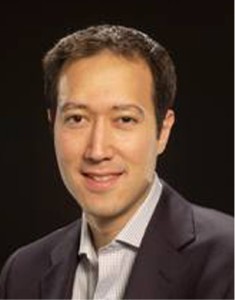 Last week I attended a conference for surgeons. In the hall, a poster described the case of a neurology patient who had, literally, inhaled a chicken sandwich. The surgeon, with great ingenuity, combined instruments to suction the mushy chicken embedded in the patient’s lungs.
Last week I attended a conference for surgeons. In the hall, a poster described the case of a neurology patient who had, literally, inhaled a chicken sandwich. The surgeon, with great ingenuity, combined instruments to suction the mushy chicken embedded in the patient’s lungs.
Next to the poster stood a timid medical student, one of three authors on the poster, no doubt petrified at the prospect of senior registrars and consultants asking him about the minutiae of the novel procedure.
During a break, I encouraged the student—a bright and charming third year—to publish the poster as a case report. Suitably mollified, I asked him about his views on medical ethics. “I’m scientifically minded so I struggle with the fact that there’s no clear answer in ethics,” he replied.
And so I launched into some of my recent cases. A doctor wrongly injected an anaesthetic into my client’s spinal cord and left them with incomplete tetraplegia. The neurology experts, both holders of PhDs, could not agree on whether my client would develop multiple sclerosis. Neither could they agree by how many years the medical accident had reduced their life expectancy.
In another case, the patient collapsed at home the day after an operation and needed a corrective operation. One neurosurgeon felt that the patient should not have been discharged on the day of the operation, while another saw nothing wrong with that practice.
In most cases that reach me, experienced consultants—experts in their discipline—disagree with each other on some fundamental aspect of clinical medicine, whether it’s diagnosis, treatment, prognosis, or the general management of the patient.
Medical schools, perhaps for good reason, sanitise medicine to create the illusion that there are “clean” answers: “circle the correct answer on the multiple choice question.” They downplay the uncertainty inherent in much of medical practice. Reading a scan, deciding to coil or clip an aneurysm, or even referring a patient to a specialist are, to some extent, matters of interpretation. Competent clinicians may come to different conclusions.
The idea for this post arose when, my monologue over, I saw the medical student’s expression. He looked as if he had inhaled a chicken sandwich: “I never thought of it that way,” he said. That observation, almost trite to medical lawyers and ethicists, was to him a revelation.
For lecturers faced with such “scientifically minded” students, pointing out the occasional messiness of medicine may make students more accepting of the occasional messiness of medical ethics.
Daniel Sokol, barrister and medical ethicist, London.
Competing interests: None declared.